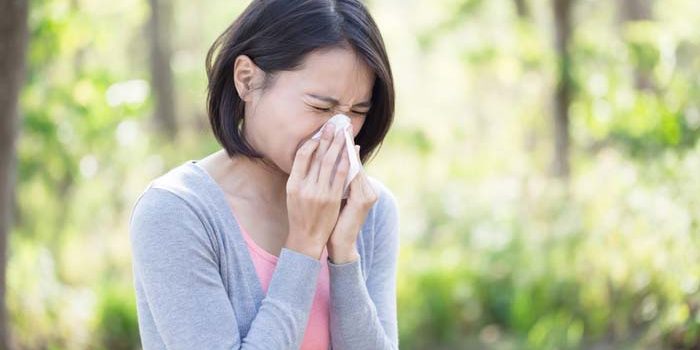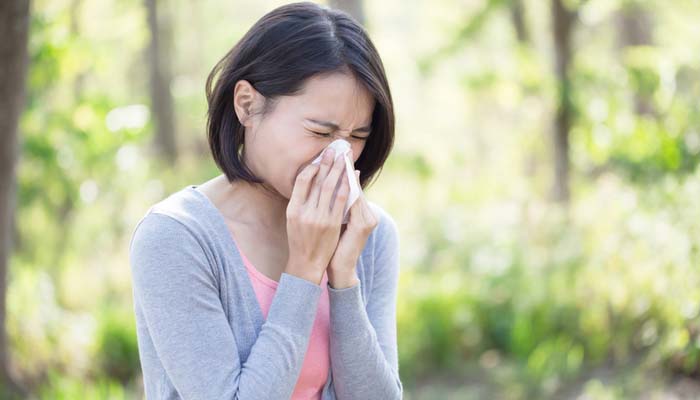


If you live with seasonal allergies, you’re likely looking for a good antihistamine or another type of allergy medicine or remedy would work for you. There are a number of options on the market, so it can be hard to narrow down the best and most useful medicines. Complicating matters, most forms of allergy medicine have notable side effects, such as headaches and drowsiness. Let’s take a look at some of the best remedies for allergies, both medicine and otherwise.
Best Allergy Remedies
Avoidance
The first thing you need to do in order to lessen your allergy symptoms is to avoid whatever triggers your allergies. This means you need to make sure to lessen your exposure to pollen, ragweed, or whatever else you have allergies to. In the case of pollen, the most common seasonal allergen, you’ll want to make sure you stay indoors when the pollen count is at its highest.
Ride with your windows up, and avoid eating outside. When you get in from your day, change your clothes right away and wash the clothes you came in with. Wash your sheets regularly during allergy season to clean the pollen off of them. Your best bet is cleaning your fabrics and keeping windows shut, keeping yourself away from the triggers as much as possible.
Other Triggers
Other things could be triggering your allergies, too. Alcohol, for instance, is an inflammatory and an irritant. Drinking heavily during allergy season is a surefire way to inflame your allergies. Likewise, make sure you clean your bathroom and kitchen during allergy season, as molds could be growing in moist corners. Molds are some of the most allergy-triggering things you can find in your home.
Other things to watch out for are your dishes and cutlery. Make sure you thoroughly wash them, as you don’t want to accidentally ingest any allergens. You’re going to want to wash your hands before you eat, too, as you could have residual pollen on your hands after coming in from your day.
Allergy-Proofing
You can allergy-proof your house by taking a few simple steps. You can get a stronger air filter that will grab particulates, keeping them from circulating around your home. Another thing you can do is keep your windows sealed up, and avoid leaving doors open for long periods. Make sure you thoroughly clean your carpets if you have any, as they can be major trappers of pollen and other allergens. Not to mention, carpets can get gross if not regularly deep-cleaned.
If you have hardwood floors, make sure you sweep thoroughly and regularly during allergy season. This is a great way to keep your floors looking nice while also keeping your allergies from flaring up.
Medicine
Notable medicines you can take for allergies include Allegra, Zyrtec, Xyzal, Benadryl, Rhinocort and Claritin. These antihistamine-based allergy medications work by stopping your body’s histamine reactions in their tracks. This keeps you from having the massive amounts of itching and sneezing. Namely, the itchiness of the eyes and uncomfortable, uneasy feeling your skin gets during an allergy attack are related to histamine responses.
If you’re feeling a lot of congestion, you’ll want a decongestant medicine. Decongestants are distinct from antihistamines, as antihistamines only stop your allergic reactions. Congestion will keep going even once the allergic reaction is gone unless you use a decongestant.
Side Effects
Many antihistamine medications have side-effects associated. These can include drowsiness, fatigue, headaches, dry mouth, nervousness, diarrhea, and stomach pain. Other notable side-effects can include dry, red eyes, hoarseness, sore throat, blurred vision and nosebleeds. However, many people have noted that the side-effects of these medications typically are less impactful than their allergy symptoms, making the medications worth the side effects.










